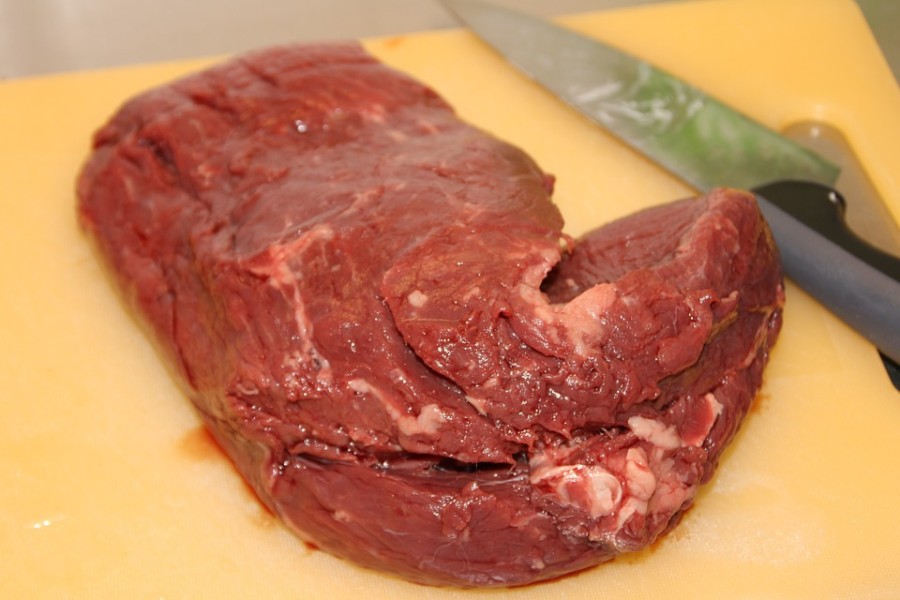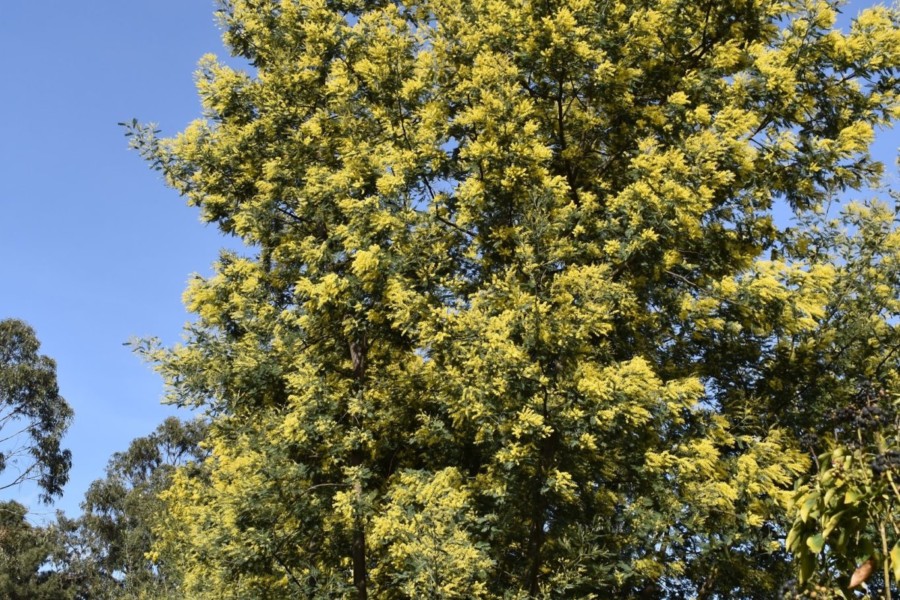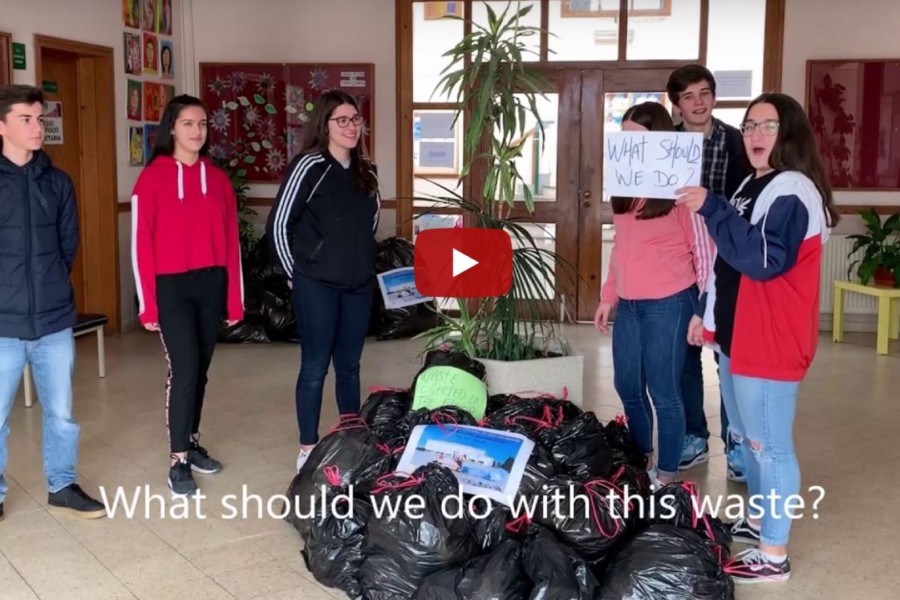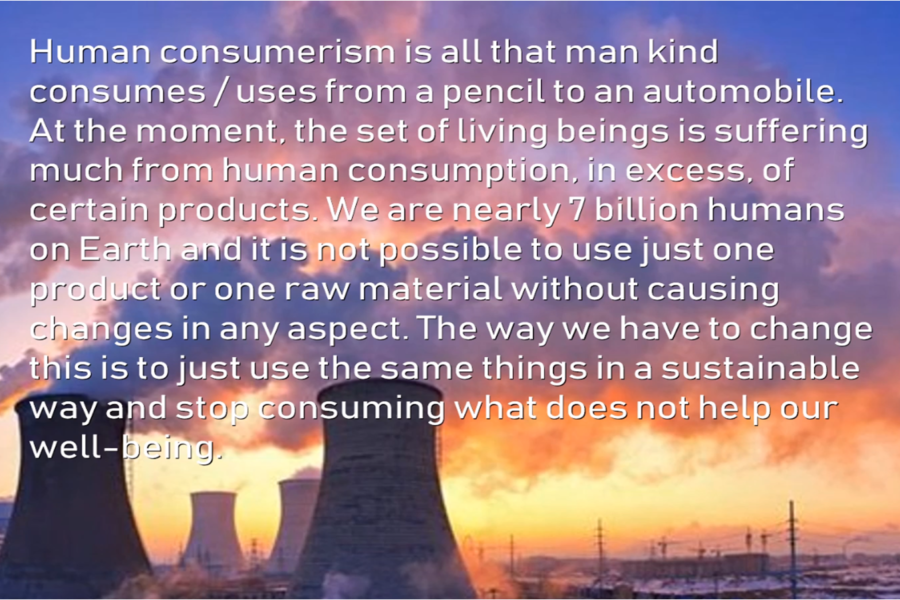
Red Meat consumption – an international collaborative research
The year is 2030. The meat industry is thriving and occupying over 80% of the world’s agricultural fields. Global warming affects countries worldwide. Plagues spread, and former endangered species can be seen only in pictures. According to the United Nations, famine has become a threatening reality. Cardiovascular and cancer diseases have risen considerably. Does this sound like a gloomy forecast or a futuristic reality? Due to the probability of such scenarios, we have decided to conduct a comprehensive study on one of the factors that has undoubtedly affected both the environment and human health: the increase of red meat consumption.

One single seed will destroy your ecosystem
Two distant countries, yet there are so many similarities, like cultural or linguistic ones, between Portugal and Romania. Environmental issues, unfortunately, do not escape from these resemblances. The invasion of alien species (IAS) in both countries is something that we are used to seeing and the consequences are often the same, changing all the surrounding ecosystem and in the near future, possibly destroying it. All of this is being verified in the invasion and substitution of autochthonous species that, after their arrival, take advantage of the climate change in that country.

What should we do with this waste?
No âmbito do Programa Eco-Escolas e “Young Reporters for the Environment” (YRE), foi realizado o vídeo seguinte, o qual resultou de um trabalho conjunto da EB 2,3 de Paço de Sousa e do Athens College Elementary School.
Esse vídeo vai de encontro aos Objetivos de Desenvolvimento Sustentável das Nações Unidas, mais concretamente ao objetivo 11, “cidades e comunidades sustentáveis” e aborda a problemática dos resíduos, apelando à sua separação para posterior reciclagem .



You must be logged in to post a comment.